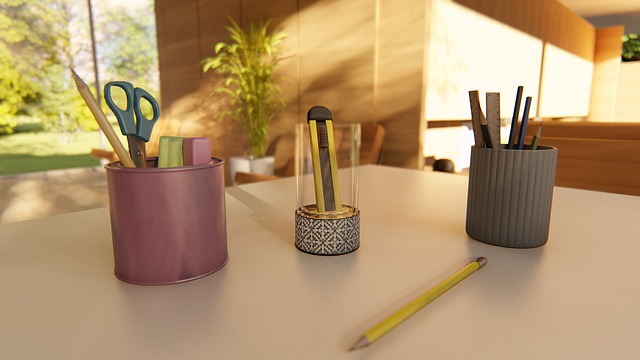When I was a student, I used to make my own flashcards, because I found that they were more effective than the ones you buy in a bookstore.
Flashcards are a great way to test yourself and remember important terms and facts, but you can’t just scribble them down on random scraps of paper. To get the most out of your study time, here are three tips for making your own science flash cards.
Making your own flashcards is a great idea. Not only can you tailor them to your needs, but they’re also more likely to be retained in your memory.
When I was in high school, my teacher used to create a lot of flash cards for us to memorize the content. I found them very helpful and started making my own. Here are a few tips on how to make your own science flash cards.

#1 Plan and write by yourself
When you plan out your flash cards, you will have to write down what is important for you to memorize. In the process, you will be able to understand the content better. But if you get someone else to make it for you, chances are that you might not even know what’s going on in the card since you didn’t plan it out yourself!
Plan and write by yourself. Don’t wait for a teacher to give you a list of terms to learn — chances are, there will be more than will fit on your cards, and some won’t be that important anyway. Start by taking notes during class and then spend some time after each lesson deciding which words or concepts are most important. Write them down one by one.
This may sound obvious, but actually many students fail to plan the content of the flash cards before writing them out. The result? Flash cards that are too long, redundant, or unorganized.
Ideally, you should first organize your thoughts into general categories, then break these down into subtopics and write each topic on a separate flash card. This way, you can revise subtopics as standalone concepts.

When you write your own notes, you select important information and structure it in a way that makes sense to you. As you write your cards, think about what your exam questions might be like. Imagine explaining the concepts to a friend or family member. This will help you focus on the most important concepts and avoid irrelevant details
#2 Make them visually appealing
Try drawing diagrams or using colors when preparing your flash cards. You can even doodle stick figures or draw cute animals as long as they help with your understanding of the content!

You’ll remember more if your cards look good, so don’t print out a bunch of terms in Times New Roman font on plain white paper (boring!). Spend some time laying out your cards on a computer with a pretty background or borders, or even better, use colored pencils or markers to illustrate the concept. If you just can’t bear to draw or don’t have the time, at least use Comic Sans (just kidding).
#3 Revise frequently on the go and before exams
I used to go through my flash cards while taking public transport or while having tea breaks. By revising frequently, I can retain information much better. I also practised answering questions based on the flash cards before exams so that I would be more familiar with the content and less nervous during exams.
A good set of flashcards can be a killer study tool, but they’re only as good as the deck you make. Here are three tips to help you make a pack of science flashcards that’ll actually be helpful the next time you hit the books.

Revise frequently on the go and before exams. This is important for memorization, so make sure you do it regularly!
Conclusion
I’ve always been an independent learner, and I find that learning in my own way is more efficient for me. That used to mean reading textbooks and lecture notes, but as I moved into my junior years of high school, I knew I needed a more effective way to study.
This may sound obvious, but you want to be the one who writes the flashcards. When you’re writing them, you’re already making an effort to learn and absorb information. You’re also planning what you need to know so that when it comes time for revision, it’s already organized nicely!


